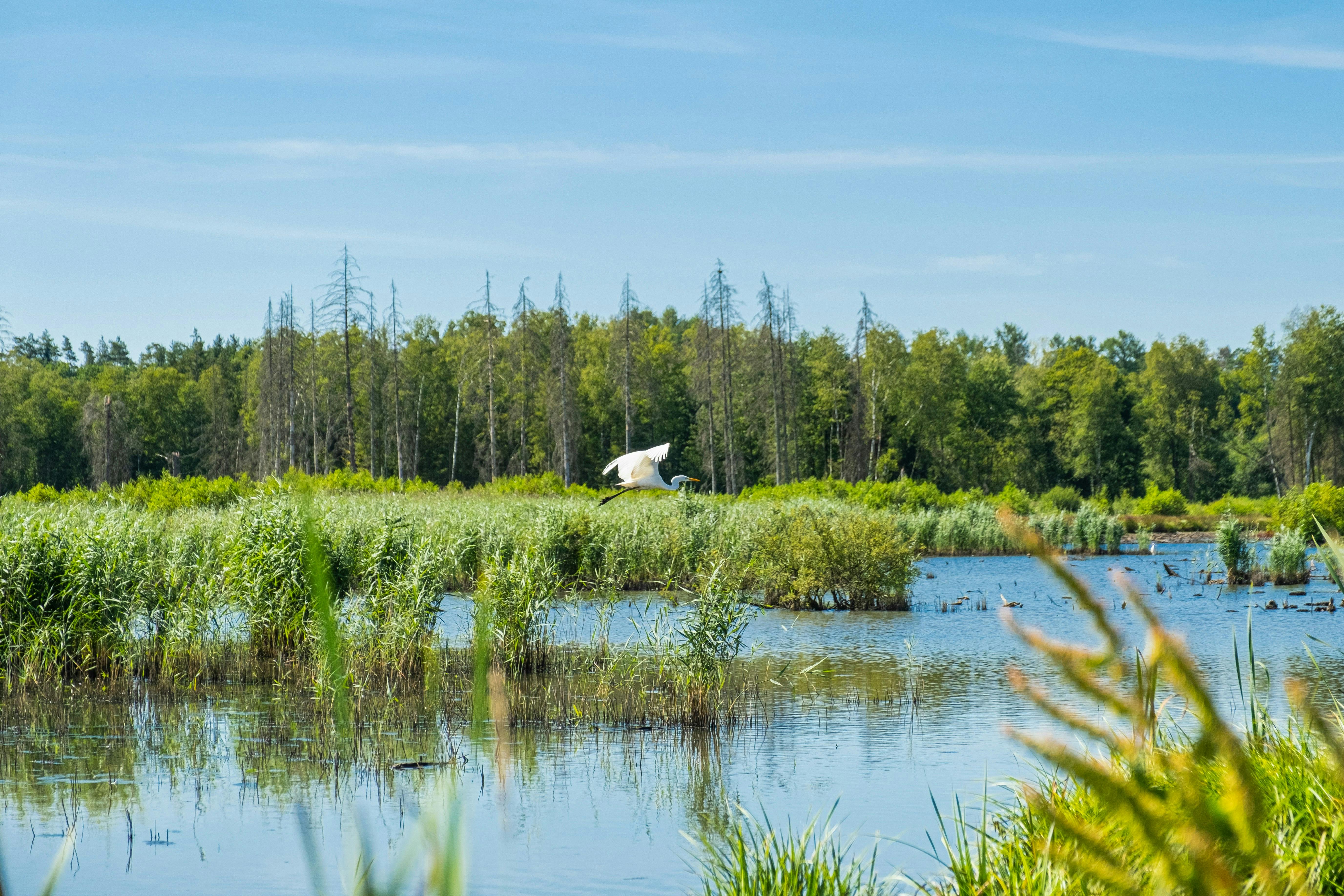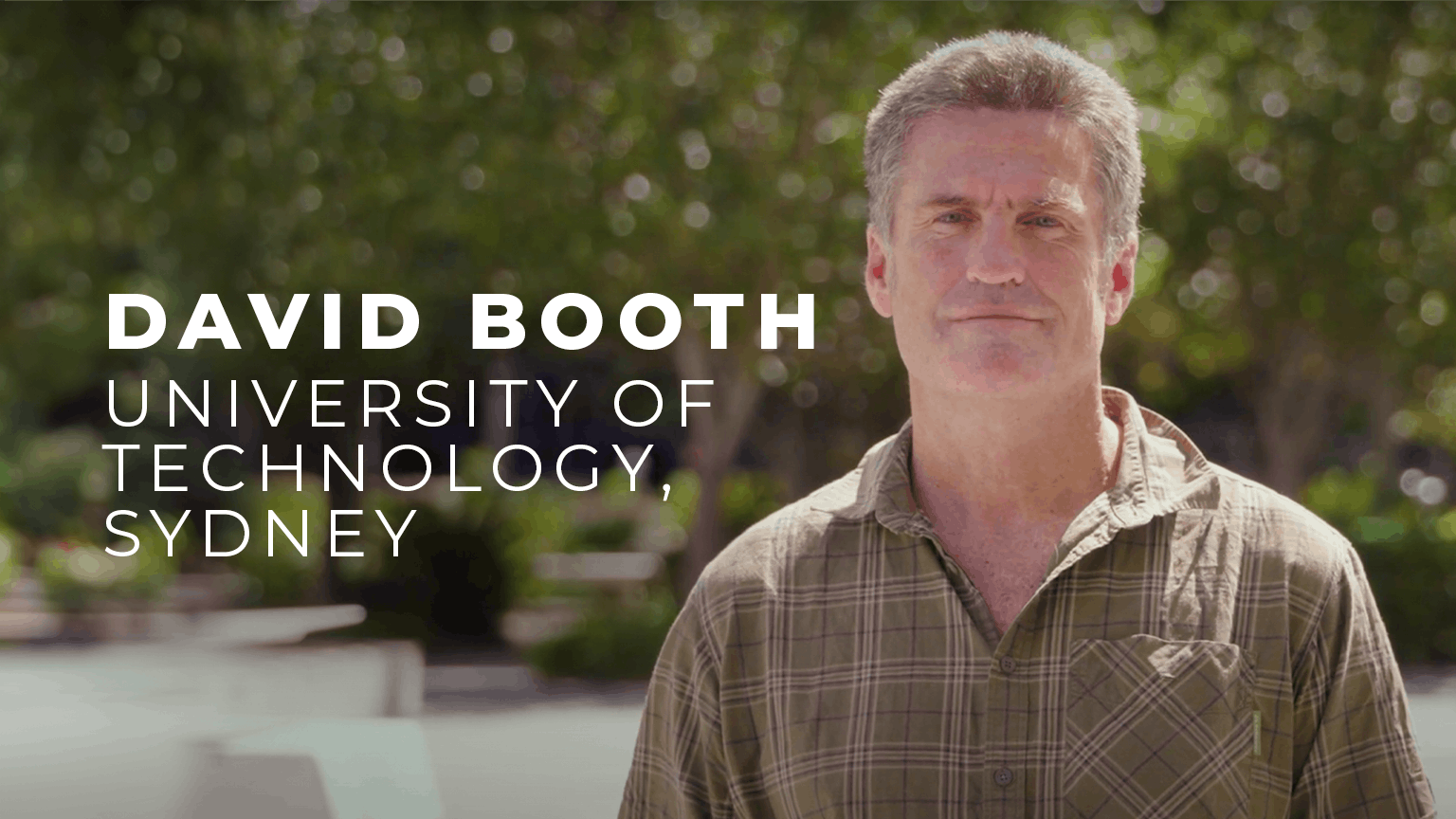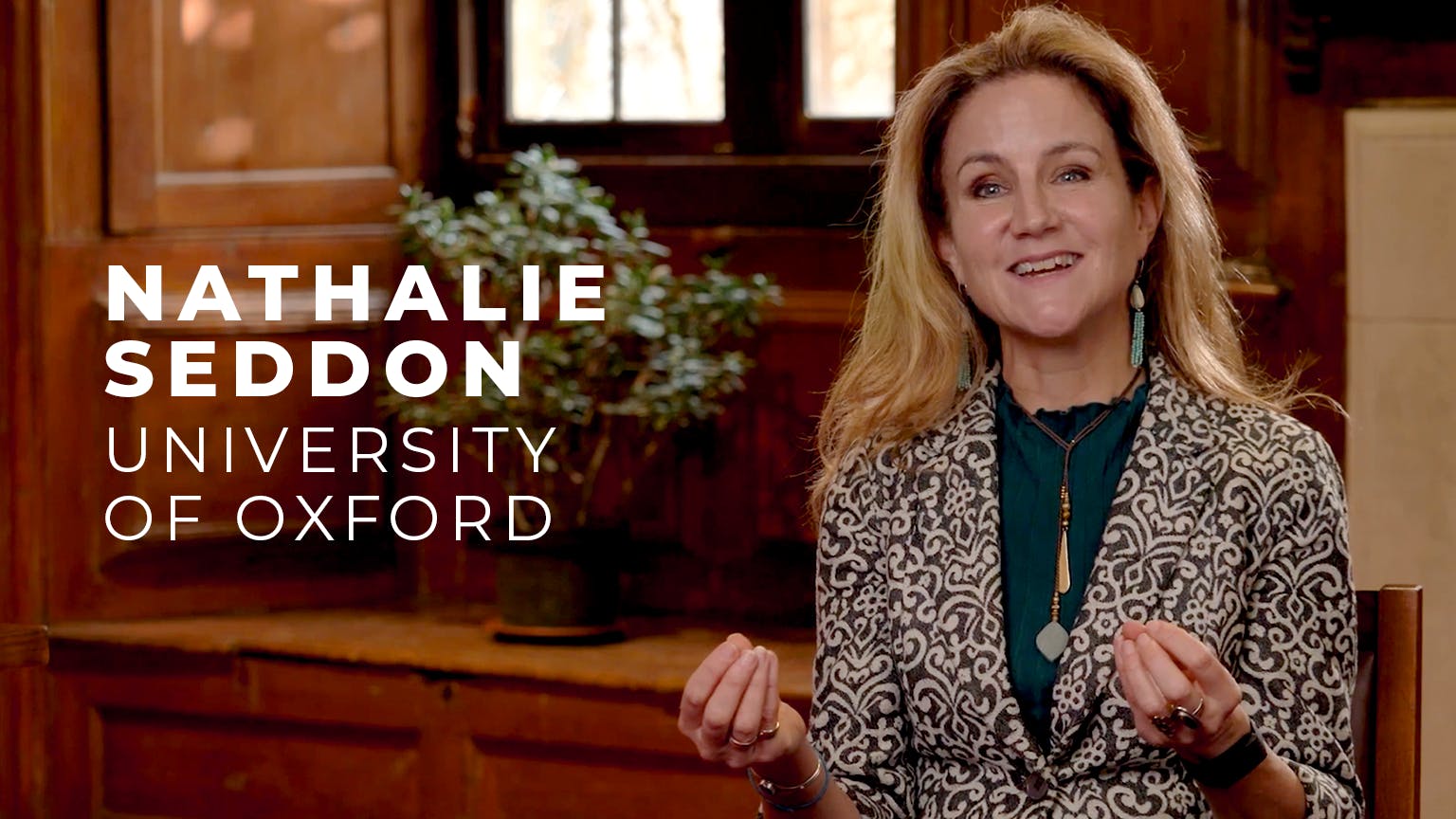
RE:storing Ecosystems
Healthy ecosystems provide humans with everything we need to live: clean air and water, healthy soils, a regulated climate, and disease control - to name only a few.
When ecosystems are under stress, however, the services they provide weaken, throwing off the delicate balance of our planet. From the soils that give us food to the wetlands that store carbon, we need the world's habitats to thrive.
Through interviews, case study films, and reports from organisations on the frontline, explore how nature can inspire solutions to many of the challenges we face today. Innovations in agriculture, landscape management, and biodiversity conservation are helping breathe life back into our precious ecosystems.
Banking On Biodiversity
Kew's Millennium Seed Bank houses 2.5 billion seeds from 40,000 plant species. More than just security for the future, this wild bank is a living research lab and the first port of call for ecosystem restoration projects around the world.

Biodiversity
Preserving and enhancing Earth's genetic diversity
The Science of Nature
Alexandre Antonelli is the Executive Director of Science at the Royal Botanic Gardens, Kew. In this guest article he dives into the work of the Millennium Seed Bank (MSB) and its partnerships all over the world, resulting in ground-breaking research and on-the-ground conservation.

Forests
Encouraging both biodiversity and economic growth
Indigenous Conservation
Indigenous people make up just 6% of the population yet manage lands that support 80% of the world's biodiversity. What can we learn from traditional conservation practices, and how can we work better with Indigenous communities to restore balance to valuable ecosystems?

Coastal Habitats
Innovative projects regenerating diverse ecosystems
Reviving Marine Biodiversity
Our oceans are reaching a tipping-point. Increased sea temperatures, ocean acidification, and sea level rises are having a profound effect on marine eco-systems and the planet as a whole. Professor David Booth outlines how climate change is affecting the health of our oceans, and what we can do to prevent an ecological disaster.
David Booth is Professor of Marine Ecology and Director of the Centre for Environmental Sustainability at the University of Technology in Sydney, Australia.

Agriculture
Protecting ecosystems through nature-positive farming practices
Rediscovering Nature-Based Solutions
Nature-based solutions are synergistic projects between humans and nature. They are based on the knowledge that healthy ecosystems provide humans with myriad services, such as flood control and pollination. When we help the planet, we also help ourselves. Effective nature-based solutions honour indigenous practices and benefit local communities.
Nathalie Seddon is Professor of Biodiversity and Founding Director of the Nature-based Solutions Initiative in the Department of Biology at the University of Oxford.

Reports and Insights
Thought leadership from the SMI and its members



































